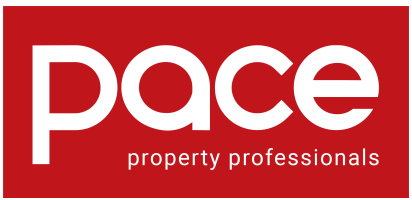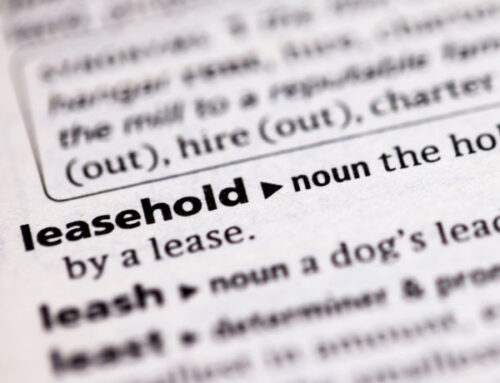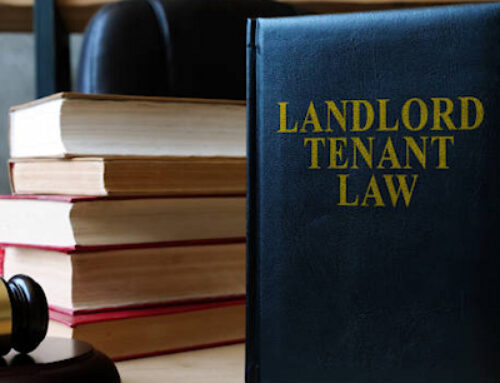What landlords need to know when tenants work from home
The commercial world has changed considerably in recent years and increasing numbers of people now work from home.
Most residential properties to let in Southend have good internet access and home PCs, tablets and mobiles make setting up home offices an attractive option.
However, there are pitfalls for landlords when a tenant decides to use the space for business as well as residential use.
When a Tenant Works from Home
There are several situations that might require a tenant to work from home:
- A tenant may from time to time bring work home from the office
- They may work on the road e.g. a salesman may bring paperwork home, using the premises as a base but not a registered business
- A tenant could work remotely for a business based too far away to commute
- They may run a sole trading business from home
- A tenant could be running a multi-person business from home, taking deliveries and collections, seeing customers and storing stock
- In Southend it is feasible to consider a tenant may be running a B&B or even letting the property out as a holiday home!
The first two situations are clearly residential tenancies – many people have to take work home sometimes. Again, it’s also pretty obvious that situations 5 and 6 are businesses – but where do you draw the line on situations 3 and 4?
Residential or Business Use?
A residential tenancy and a commercial tenancy are obviously different in law. If your prospective tenant is likely to carry out their business from your property in Southend, your general residential tenancy agreement will not to cover them to do so.
The Housing Act 1988 excludes business tenancies – and the Landlord and Tenant Act 1954 does not apply to residential tenancies. Unfortunately though, with advances in working practices the different situations in which a tenant could find themselves do not always slot neatly into one or the other area.
There has always been a worry that by permitting the operation of a business the landlord will inadvertently create a tenancy under the provisions of the Landlord and Tenant Act 1954 and the tenant will then gain the automatic right of renewal provided by Part II of that Act.
The new home business tenancy
The Government has recently reacted to these concerns by passing section 35 of the Small Business, Enterprise and Employment Act 2015. This has generated a new definition of a “Home Business Tenancy”.
This is any tenancy under which the tenant is required to occupy the rented property as a home and is also permitted to run a home business from the property. A home business is defined as any business which can reasonably be run from home but specifically excludes any business for the sale or supply of alcohol.
Where a tenancy is a Home Business Tenancy it will automatically be excluded from the Landlord and Tenant Act 1954 and will count as a tenancy of a single dwelling for the purposes of the Housing Act 1988. The Housing Act 1988 already allowed some home working as long as the tenancy was largely for the purpose of providing the tenant with a home. As a result all forms of home working will now be possible and those tenancies will fall within the Housing Act 1988.
However, with this change brings further concerns in relation to third parties. Mortgages, leases in flats and insurance policies normally all include clauses requiring home use only and barring business use of the property. Therefore, landlords letting property in Southend may decide that running a home business is still not a feasible option for their tenants depending on these other contracts.
Also, the changes do not apply to any tenancy which exists before the new provisions come into force, which they have yet to do, or which are renewals of tenancies which existed before the provisions came into force. Therefore, while this is a sensible and welcomed change it will be of no effect unless it is taken up by, notoriously conservative, mortgage providers and insurers.
We are happy to offer half an hour of face-to-face advice, free of charge, to local individual considering becoming a landlord.
Please telephone and ask to speak to Marcus, George or Crystal on 01702 445 606.
Marcus James is Lettings Manager at Pace, an independent Southend on Sea Letting Agent. He deals with every aspect of the property letting process, providing expert and candid advice together with tailor-made marketing plans for each property he lists for rental.
Marcus prides himself on ensuring our landlord clients get the best return in the right timeframe for their investments by conducting rental appraisals, letting viewings and oversees the running of the lettings department.








